Dá fala
Cultural diffusion, reflections, images, travel notes
Archive
Author
- administrador
- adrianabarbosa
- Alícia Gaspar
- arimildesoares
- camillediard
- candela
- catarinasanto
- claudiar
- cristinasalvador
- franciscabagulho
- guilhermecartaxo
- herminiobovino
- joanapereira
- joanapires
- keitamayanda
- luisestevao
- mariadias
- marialuz
- mariana
- marianapinho
- mariapicarra
- mariaprata
- martacacador
- martalanca
- martamestre
- nadinesiegert
- Nélida Brito
- NilzangelaSouza
- otavioraposo
- raul f. curvelo
- ritadamasio
- samirapereira
- Victor Hugo Lopes
Data
- April 2025
- March 2025
- February 2025
- January 2025
- December 2024
- November 2024
- October 2024
- September 2024
- August 2024
- July 2024
- June 2024
- May 2024
Tags
- african culture
- art statements
- black panthers
- Caderno de Memórias Coloniais
- Chalo Correia
- Denis da Silva
- Eduardo Souto de Moura
- estudos da performance
- experimental film
- filme festival
- José Cabral
- Mulheres Negras Escurecidas
- museu do Chiado
- música de dança
- Paul Goodwin
- SoREA
- SYMPOSIUM HYBRID ARCHITECTURES: CASE STUDIES ON THE AFRICAN CONTINENT
- Tambla Almeida
- transnacionalização
- Zé Mario Silva (Zema)
Most read
- 7th Queering Afro-Luso-Brazilian Studies Conference
- AFROTOPIAS: artistas do pós-independência 17 Abril I Bruxelas
- António Jacinto: Poeta e Guerrilheiro
- PÓS-MUSEU: 'A' de Ausência
- Hanami, a primeira longa-metragem da realizadora Denise Fernandes, Cabo Verde
- Uma Ecologia Decolonial - Conferência por Malcom Ferdinand
- Paisagens de Fogo: Uma história política e ambiental dos grandes incêndios em Portugal
- Curadoras macaenses da Bienal de Veneza apresentam nova mostra
- Programa de apoio à pesquisa das coleções fílmicas da Cinemateca Portuguesa-Museu do Cinema (2025)
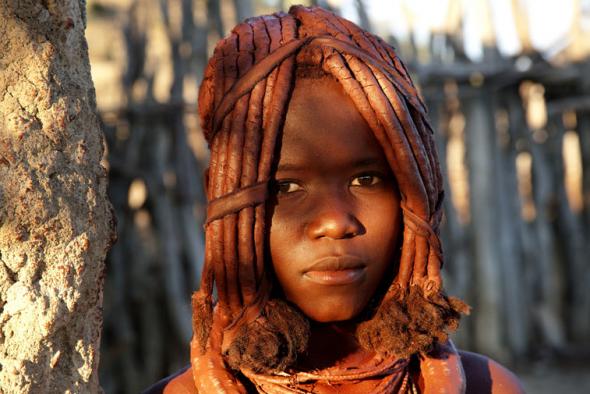
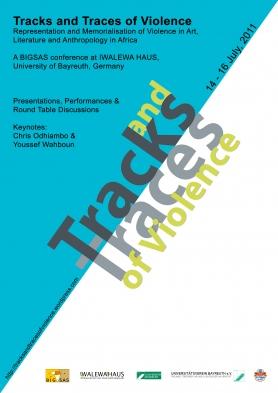

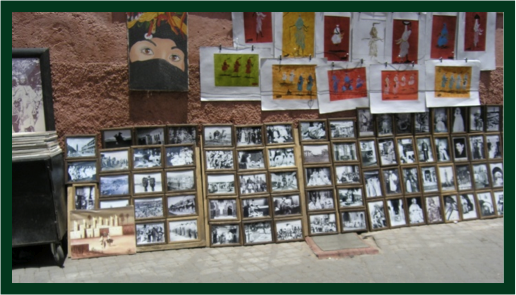
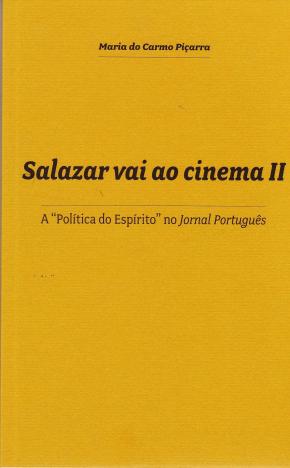 cinematográficas de propaganda do Estado Novo Jornal Português e uma apresentação do livroSalazar vai ao cinema II de Maria do Carmo Piçarra.
cinematográficas de propaganda do Estado Novo Jornal Português e uma apresentação do livroSalazar vai ao cinema II de Maria do Carmo Piçarra.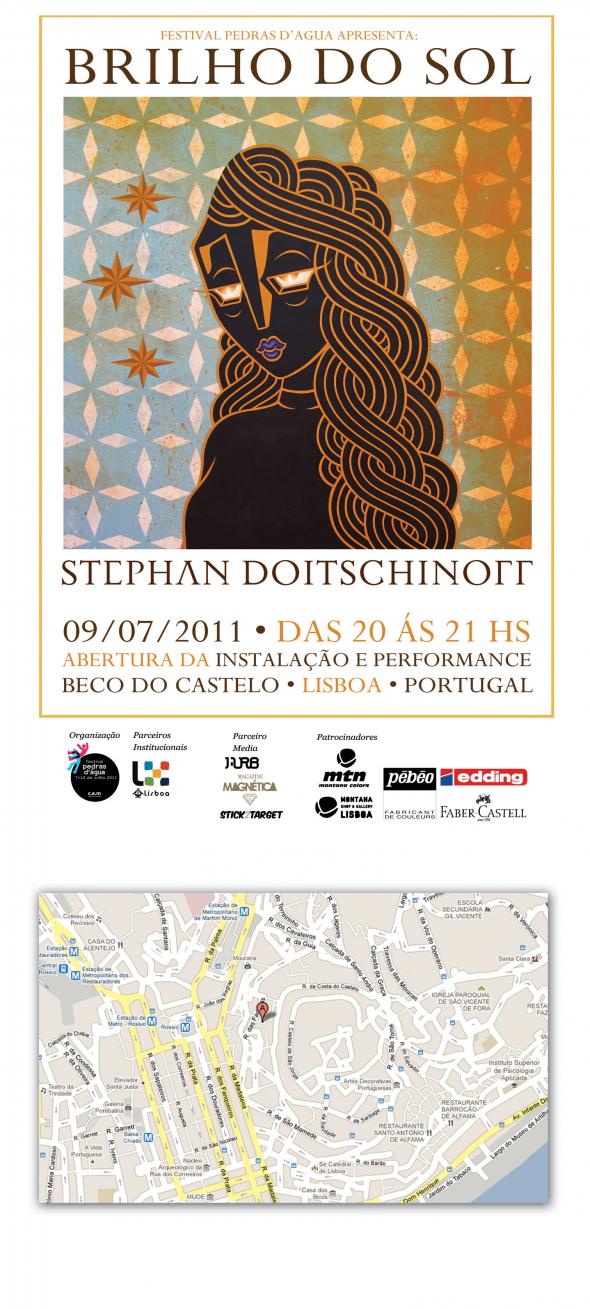
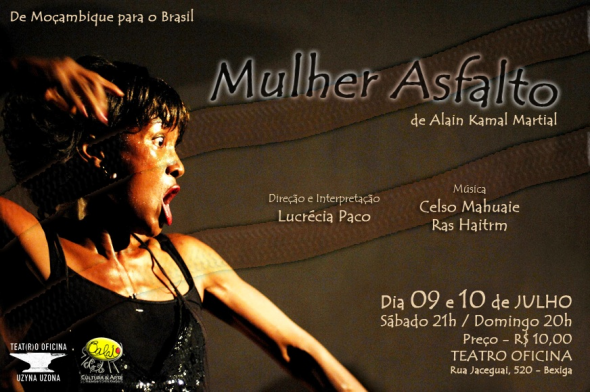
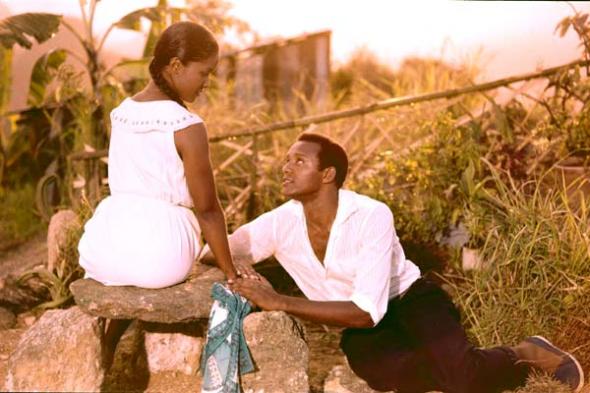
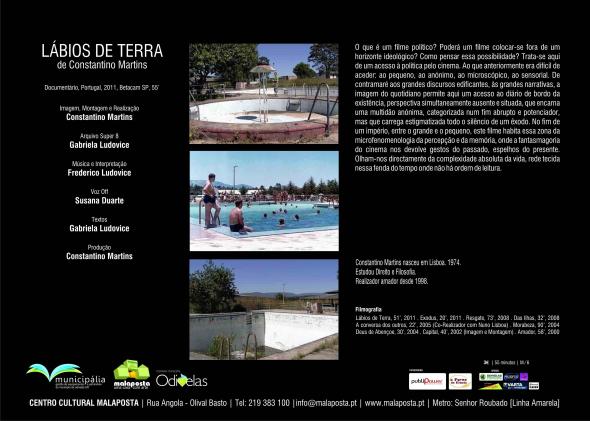
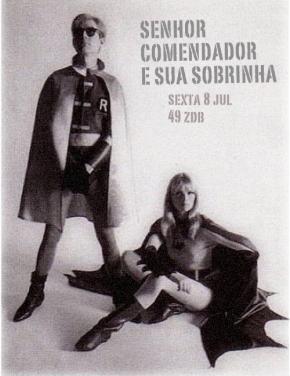 Trocando uns discos no 49 da ZdB (R. da Barroca, 49, Bairro Alto)
Trocando uns discos no 49 da ZdB (R. da Barroca, 49, Bairro Alto)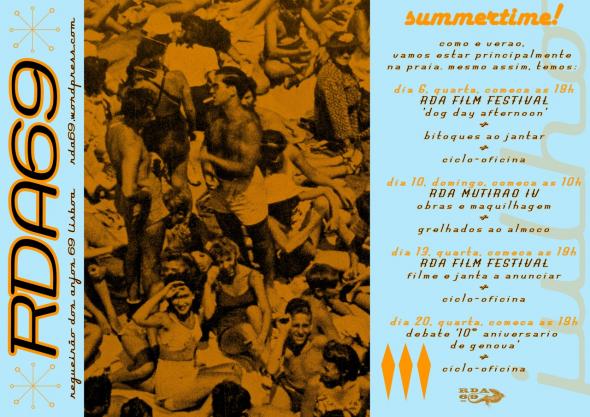
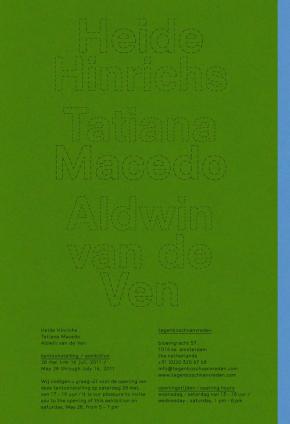 Heide Hinrichs / Tatiana Macedo / Aldwin van de Ven
Heide Hinrichs / Tatiana Macedo / Aldwin van de Ven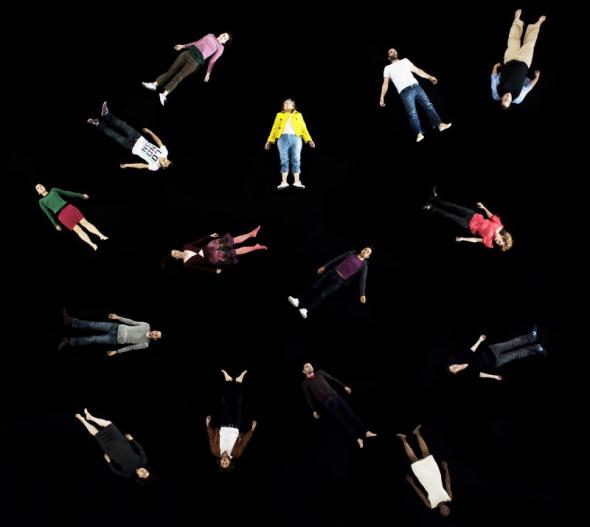

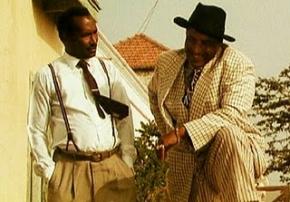 dia 05 de Julho, a Cinemateca em Lisboa (Rua Barata Salgueiro, nº 39 – perto do Marquês de Pombal) irá exibir o filme “Ilhéu de Contenda”, do realizador cabo-verdiano Leão Lopes, em homenagem ao 36º Aniversário da Independência de Cabo Verde.
dia 05 de Julho, a Cinemateca em Lisboa (Rua Barata Salgueiro, nº 39 – perto do Marquês de Pombal) irá exibir o filme “Ilhéu de Contenda”, do realizador cabo-verdiano Leão Lopes, em homenagem ao 36º Aniversário da Independência de Cabo Verde. 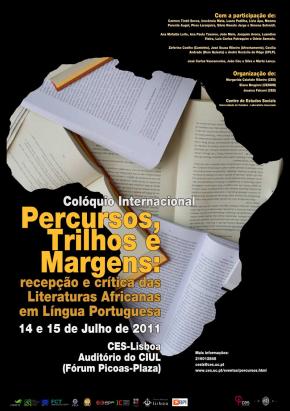 Na sequência dos dois ciclos de
Na sequência dos dois ciclos de 
